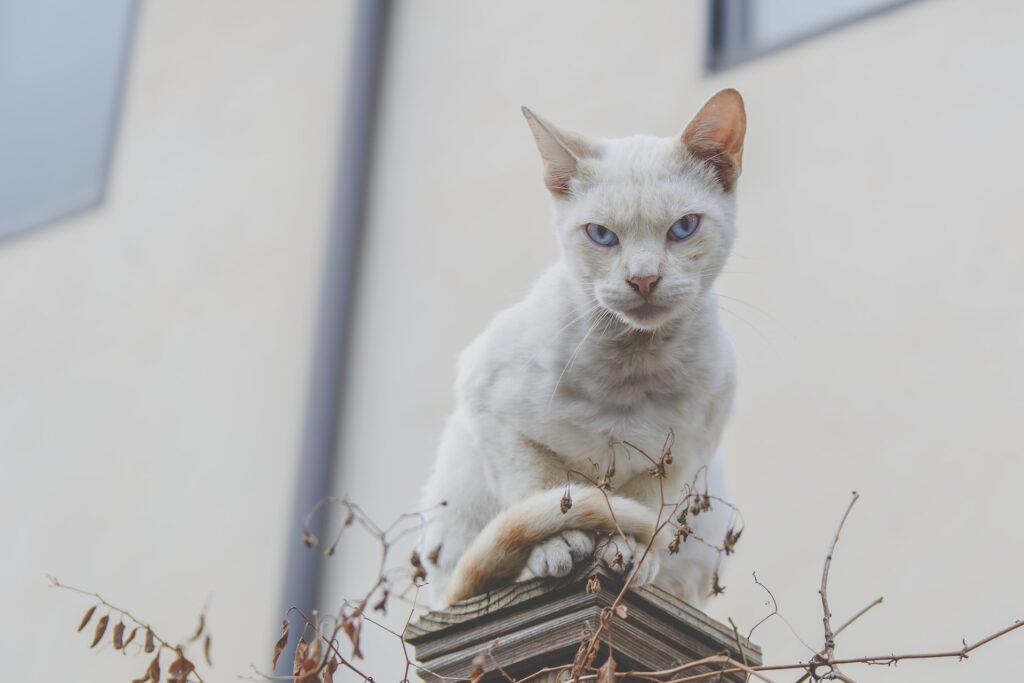I hate Victorian Literature. Actually, allow me to rephrase this: I hate Victorian literature with a passion. This isn’t very useful to you, but why I hate it can be. And the connection between why I think Victorian literature sucks and our present time, even more so.
I’ve been exposed to enough Victorian literature during my university years to have developed a pretty solid opinion of it. In other words, I’ve read enough abandoned enough texts of such authors as Charles Dickens, Wilkie Collins, George Eliot, Elizabeth Gaskell, to know I hate them and the rest of their lot.
This is a subjective opinion, to be sure, but I think Victorian literature was a disaster for art. The repercussions are still with us ever since, and they boil down to one critical element: making money.


